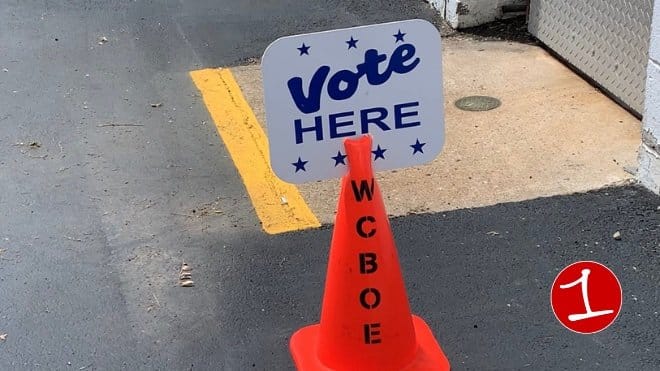
A state appeals court has ruled in favor of the Hochul administration, reversing a lower court decision that had blocked New York’s new Even Year Election Law (EYEL). The law will now move forward, aligning most local elections with state and federal contests starting in 2025.
The Appellate Division of the Fourth Judicial Department unanimously upheld the constitutionality of the law in a decision filed May 7, 2025. The court found that the law does not violate the New York State Constitution or local home rule provisions, contrary to claims made by several counties across the state.
Background: What the law changes
Passed in 2023, the Even Year Election Law amends state election law to shift most county, town, and village elections to even-numbered years. The goal is to boost voter turnout in local races, which typically occur during odd-numbered years with lower participation.
The law excludes certain positions whose terms are defined in the state constitution, such as sheriff, county clerk, and judges. It also makes exceptions for counties within New York City and municipalities with three-year terms or coterminous town-village structures.
Legal challenge from counties
The law faced legal opposition from several counties, including Onondaga, Nassau, Oneida, Dutchess, Orange, and Rockland. County executives and legislatures argued that the law infringed on home rule rights guaranteed under Article IX of the state constitution.
A lower court sided with the counties in October 2024, declaring the law unconstitutional. The state and Onondaga County Board of Elections Commissioner Dustin Czarny appealed the ruling.
Court: Law is constitutional and applies statewide
The appellate court reversed the earlier decision, stating that:
- The EYEL qualifies as a “general law” because it applies to all counties outside New York City.
- Article IX does not give counties exclusive authority over election scheduling.
- The law does not violate free speech, voting rights, due process, or equal protection clauses.
- The shift to even-year elections is justified by the state’s interest in improving voter turnout and ensuring consistency in election timing.
The court also rejected arguments that the EYEL violated the state’s home rule protections, noting that counties cannot elevate charter provisions to constitutional status.
What’s next for elections in New York?
With the ruling, the Even Year Election Law will now be implemented statewide starting in January 2025. This means:
- Most local elections will occur alongside state and federal elections, beginning in 2025.
- Some elected officials will serve shortened terms to sync with the new schedule.
- Voters can expect longer ballots, but also increased engagement due to higher turnout.
State officials say the change aligns with public policy goals to make voting more accessible and efficient.

